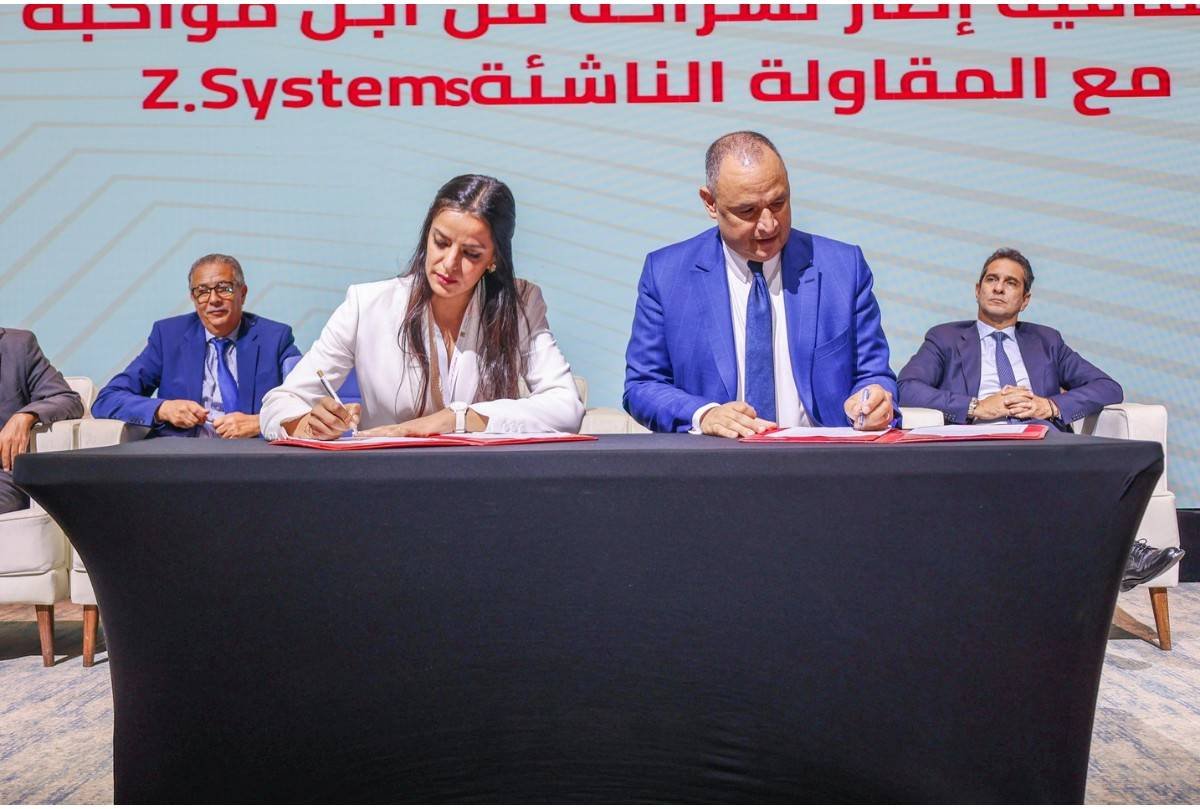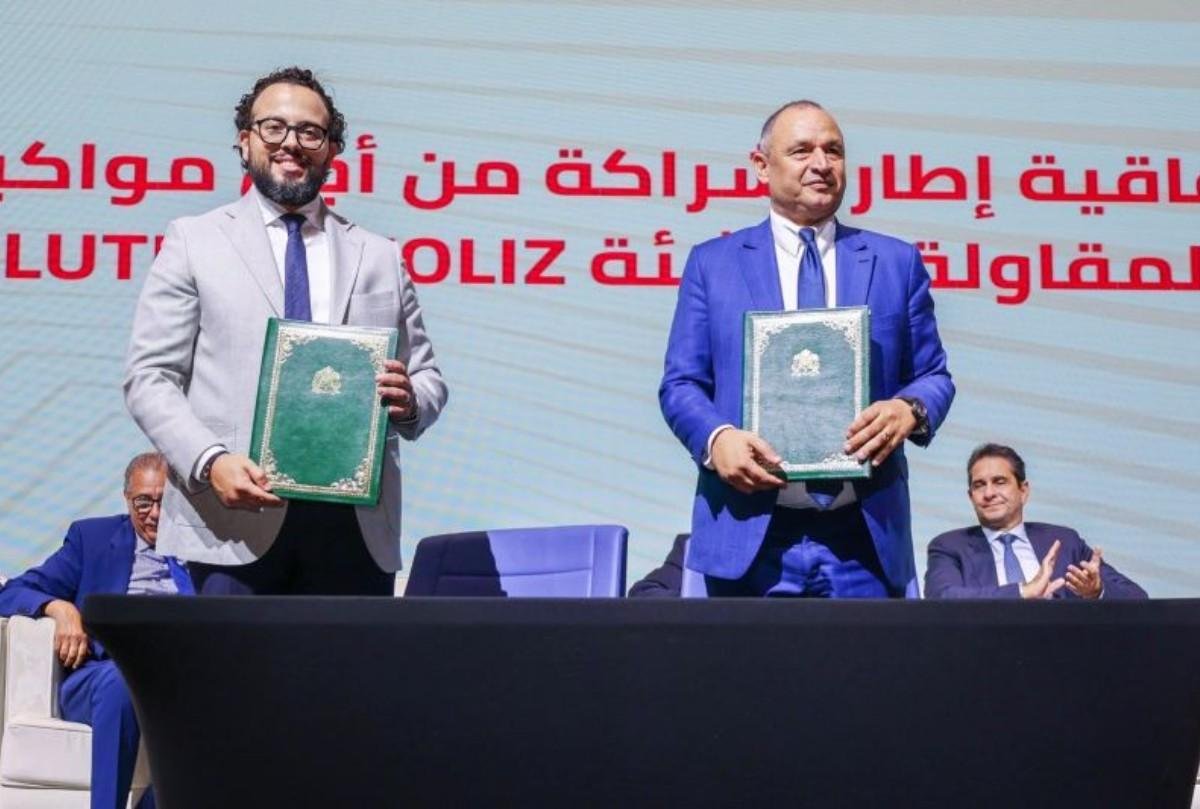Colombo — At the Sri Lanka Fintech Summit 2025, Dr. Hans Wijayasuriya, Chief Advisor to the President on Digital Economy, presented a forward-looking vision for the nation’s digital economy, describing it as open, adaptable, and inclusive. Using the local kottu roti dish as an analogy, he emphasized the agility of Sri Lanka’s model, which blends local innovation with international best practices.
Dr. Wijayasuriya explained that the country’s digital economy blueprint was shaped by studying successful models worldwide and incorporating their strengths. India serves as a model for digital public infrastructure, Singapore for citizen engagement and streamlined access, the UK and Australia for institutional design, and Estonia for cybersecurity frameworks. Sri Lanka’s approach seeks to merge these elements into a flexible, scalable system.
Unlike other countries that took a decade or more to implement digital infrastructure, Sri Lanka is pursuing an accelerated five-year timeline, driven by the rapid rise of AI technologies. Dr. Wijayasuriya stressed the need for parallel development of various components, highlighting change management, process reengineering, capacity building, and citizen handholding as critical success factors.
“The citizen journey is a business journey,” he said, calling for seamless interoperability across agencies so services like passports or multiple certificates can be accessed through a single window. This approach is underpinned by the National Data Exchange, a foundation laid by previous administrations.
Sri Lanka is also advancing its national digital identity system, with procurement processes currently underway with India’s support. This system will serve as a cornerstone for enabling interoperability, secure data sharing, and digital inclusion.
The country’s ambition is not only to catch up with established digital economies but to leapfrog into a leadership position, positioning Sri Lanka as a regional innovator in digital governance and AI-enabled services.















